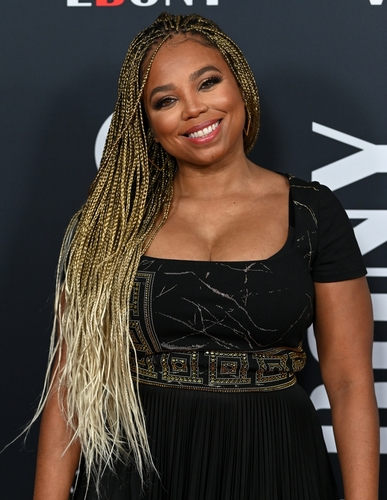
There has been and will continue to be much written on Elon Musk’s takeover of Twitter. It’s had such a pop culture impact, don’t be surprised if the consequences of his erratic management decisions are the subject of a Harvard course down the road. Yet I can’t help but notice that reaction to Musk’s decisions at Twitter is predominantly about their effect on Twitter. To be sure, those effects have reached far and wide, from fired staff to banned (and reinstated) users to random unscientific polls being used to make important strategic decisions.
What particularly fascinates me is how Elon Musk committed a brand violation.
Why was Elon Musk so willing to firebomb his carefully crafted images around innovation and vision? He founded a space company and an electric car company, and by most measures, both were doing quite well.
If you stepped into 2023 not knowing anything about Musk’s political leanings, you’d almost certainly assume he’s always been far-right. He’s railed against Covid restrictions, Joe Biden, and “woke” politics. He unbanned Donald Trump from Twitter. He tweeted a link to a conspiracy theory about the attack on Nancy Pelosi’s husband.
And yet, on November 7th, 2022, he tweeted, “To be clear, my historical party affiliation has been Independent, with an actual voting history of entirely Democrat until this year.”
If that’s true, maybe that’s the whole point. Musk was able to keep his positive images intact because most everyone didn’t know what his political bent was. Nobody cared.
Obviously not every Tesla owner drives one to save the environment, but surely plenty do. And it’s no surprise that environmental protection polls better with liberals than conservatives. If you start to make your personal politics public, especially when they may be out of sync with your consumers, that’s dangerous territory.
Musk injecting politics into his business is just one example of a brand violation, yet there are many we see across sectors including audio entertainment.
We’ve seen morning personalities on music radio stations cross the line of what’s expected of the station or show’s respective brand, including injecting polarizing political content.
We’ve seen personalities on Soft Adult Contemporary stations attempt to be too foreground, when listeners of that format tend to want a soothing background presentation that puts the music first.
ESPN and other sports outlets regularly wrestle with a classic brand violation of the format. How much non-sports content can it get away with? When ESPN tried to veer too far from sports with a unique presentation of SportsCenter with Jemele Hill and Michael Smith, it failed because that’s not what viewers expected of SportsCenter. Smith himself called it “a bad fit.”

Jemele Hill and Michael Smith’s version of Sportscenter on ESPN was by Smith’s admission, a “bad fit.”
And so, The Elon Musk Twitter experiment will live as a crucial branding lesson, the types of lessons we learn often when studying audio brands. Understand your perceptions, track them, and ensure the content you generate is in sync with the consumer expectations or expect erratic and negative results.
Also, don’t mix politics with consumer products.
